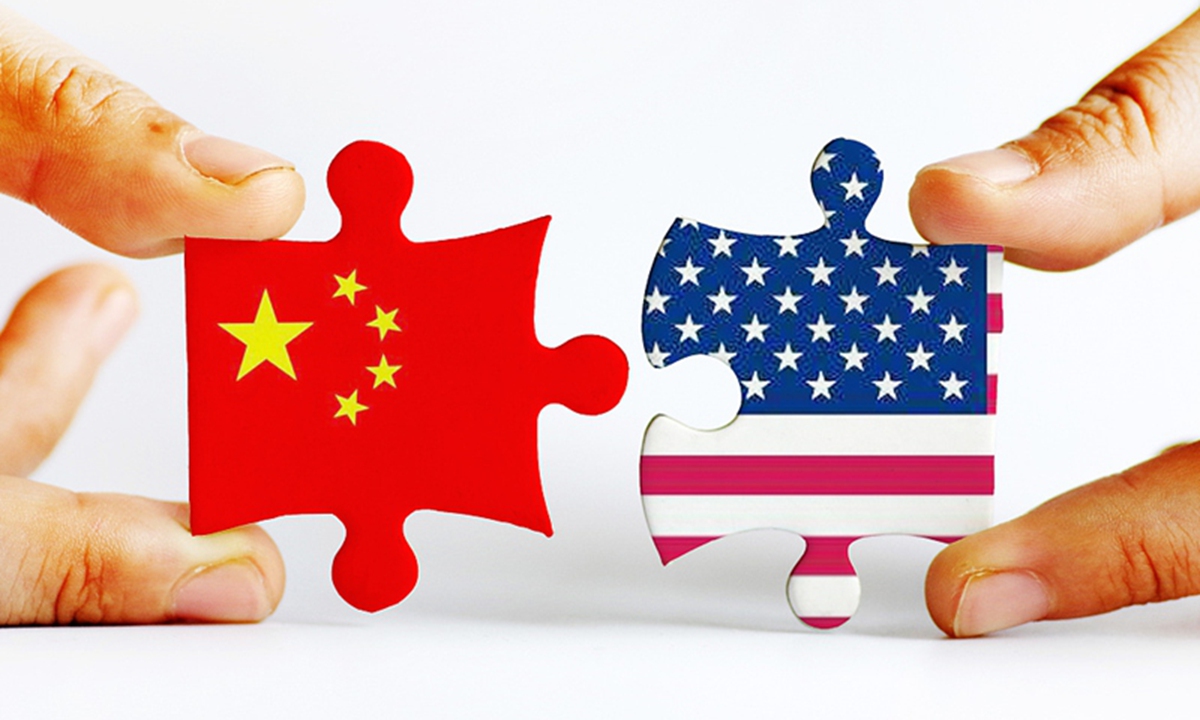
Illustration: Chen Xia/GT
Direct connectivity between China and Vietnam is gradually advancing. On Monday, the two countries signed bilateral cooperation documents in a wide range of fields including connectivity cooperation, according to the Xinhua News Agency.Transportation upgrading is a crucial step in bolstering economic ties between the two countries. Better transport links have made a positive contribution to ensuring industrial and supply chain stability and supported the sustainable development of the regional economy.
Increased infrastructure connectivity and cooperation come amid a rise in bilateral trade. In the first seven months of 2024, bilateral trade hit $145 billion, up 20.9 percent year-on-year. Vietnam's exports to China amounted to $53.9 billion, up 18.7 percent, while China's exports to Vietnam amounted to $91.2 billion, up 22.3 percent.
Like China, Vietnam's primary strategy is to promote economic and social development. In the past decade, manufacturing in Vietnam has been at the epicenter of the country's economic growth. The Southeast Asian country has attracted the attention of numerous global tech giants, many of which have beefed up their investment in Vietnam's manufacturing sector.
With the development of Vietnam's manufacturing industry, the depth and breadth of economic cooperation between China and Vietnam are increasing. China now exports more high value-added intermediate products to Vietnam for final assembly. We expect closer industrial chain cooperation, which will enable Vietnam to better integrate into regional industrial, value and supply chains.
Economic complementarity and comprehensive trade and economic cooperation between the two countries are driving infrastructure interconnectivity at large. For instance, a freight train service between China and Vietnam has boosted the movement of cargo between the two countries and further into Southeast Asia. More than 1,000 such trains carried 594,500 tons of goods between the two countries since the launch of the China-Vietnam freight train service in 2017, the People's Daily reported in January.
As cargo trade between China and Vietnam has witnessed rapid growth in recent years, efforts by the two countries to speed up railway connectivity will bring a tremendous lift to cross-border as well as transit goods trade between the two countries and economies beyond. This will have particular significance for Vietnam's export-oriented economy, which wants to strengthen its rail links with China and, through China's rail network, with the wider region, including South Asia and Europe.
That's why many analysts believe new railroad projects should use the standard gauge, which is different from Vietnam's meter-gauge railway. The extensive rail systems in many Eurasian countries use standard-gauge tracks, as China does. Adoption of standard-gauge tracks will facilitate connectivity between Vietnam and the rest of the world.
Amid global economic uncertainty caused by sluggish demand, the significance of the two countries advancing connectivity cooperation will transcend the bilateral level.Further strengthening infrastructure, industrial chain, and economic and trade cooperation between China and Vietnam is of great significance for the economic development of the Eurasian region.
By exploring ways to expand synergy between the Belt and Road Initiative and the Two Corridors and One Economic Circle strategy, accelerating the "hard connectivity" of railway, expressway and port infrastructure, and enhancing the "soft connectivity" of smart customs, China and Vietnam can jointly build secure and stable industrial and supply chains, and thus tackle the impact of protectionism and "decoupling."
Upgrading and solidifying industrial chain and infrastructure cooperation between China and Vietnam is expected to promote trade growth among more economies in Southeast Asia and South Asia, allowing more regional economies to share the benefits of development and enhance their position in the global value chain. A higher level of connectivity will also help regional economies fully leverage their comparative advantages and potential, improving the overall productivity of the region.
Through the higher-level interconnectivity of the China-Vietnam freight train service and China-Europe Railway Express, connectivity among Vietnam, China and European countries, as well as economic and trade cooperation between Vietnam and Europe, are being further promoted, which is of positive significance for their economies.
Amid a weaker than expected global economic recovery and increasing protectionism that's disrupting the world economy, enhancing development cooperation, particularly in infrastructure, between China and Vietnam holds great importance for the advancement of the regional and global economic recovery.
The author is a reporter with the Global Times. bizopinion@globaltimes.com.cn



